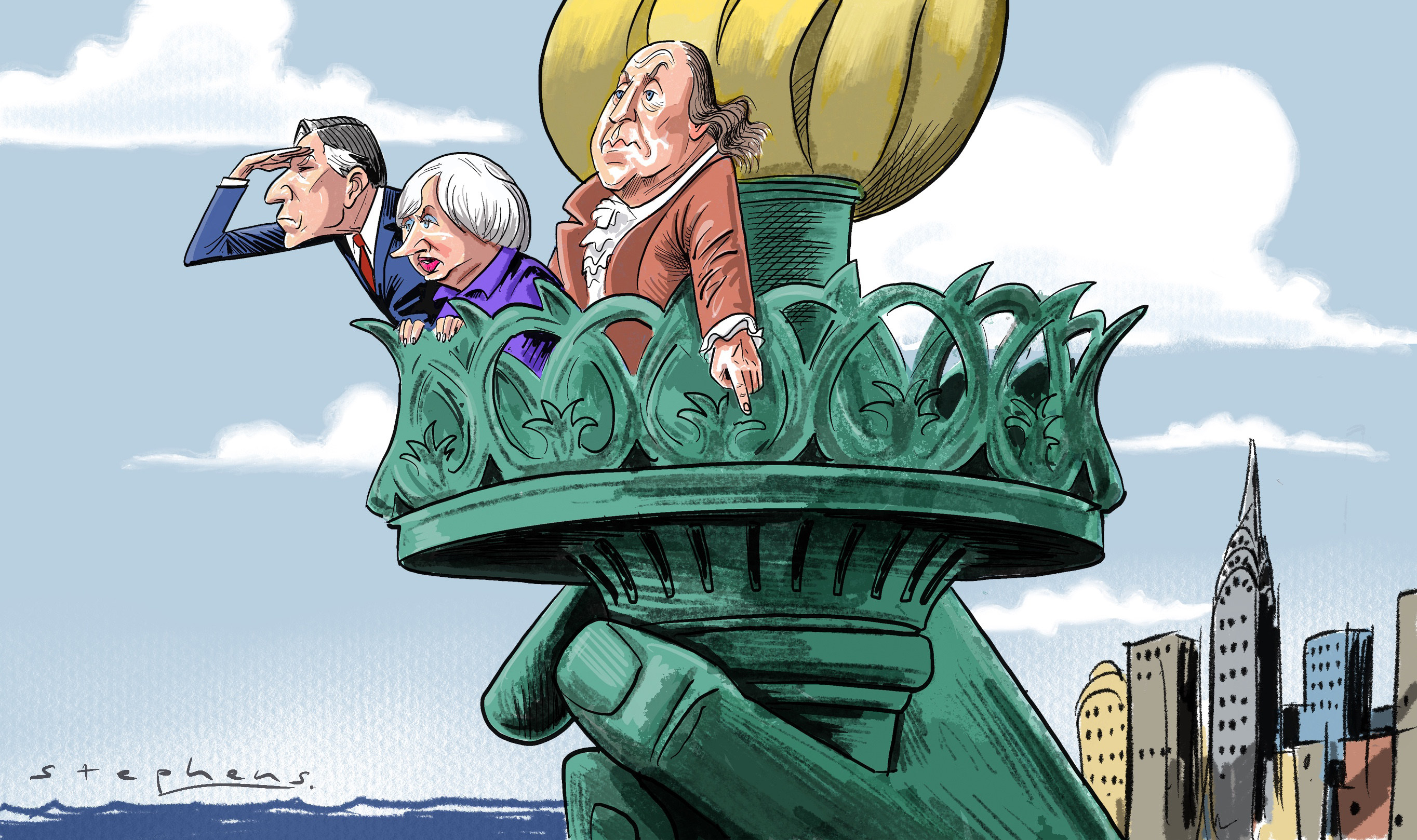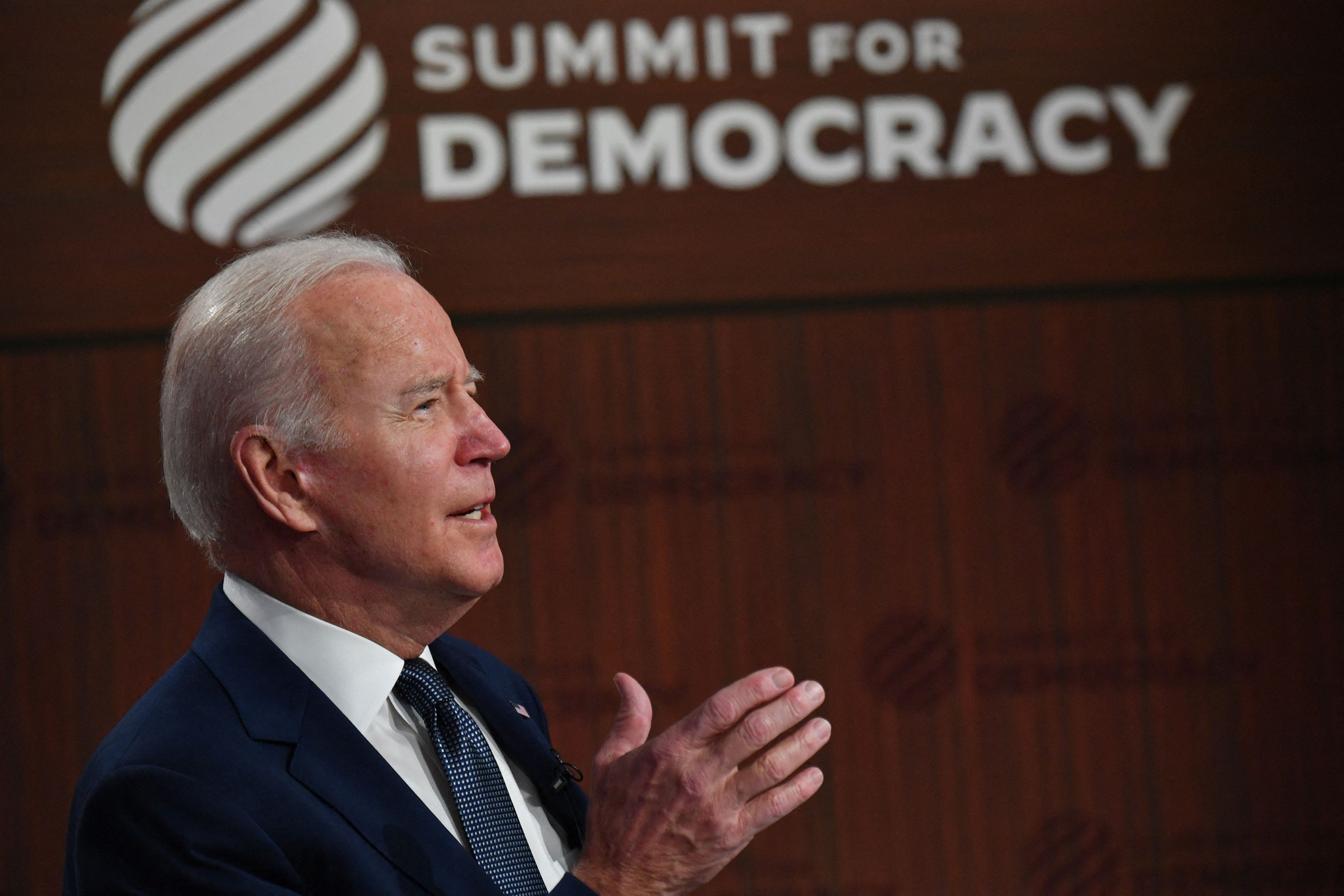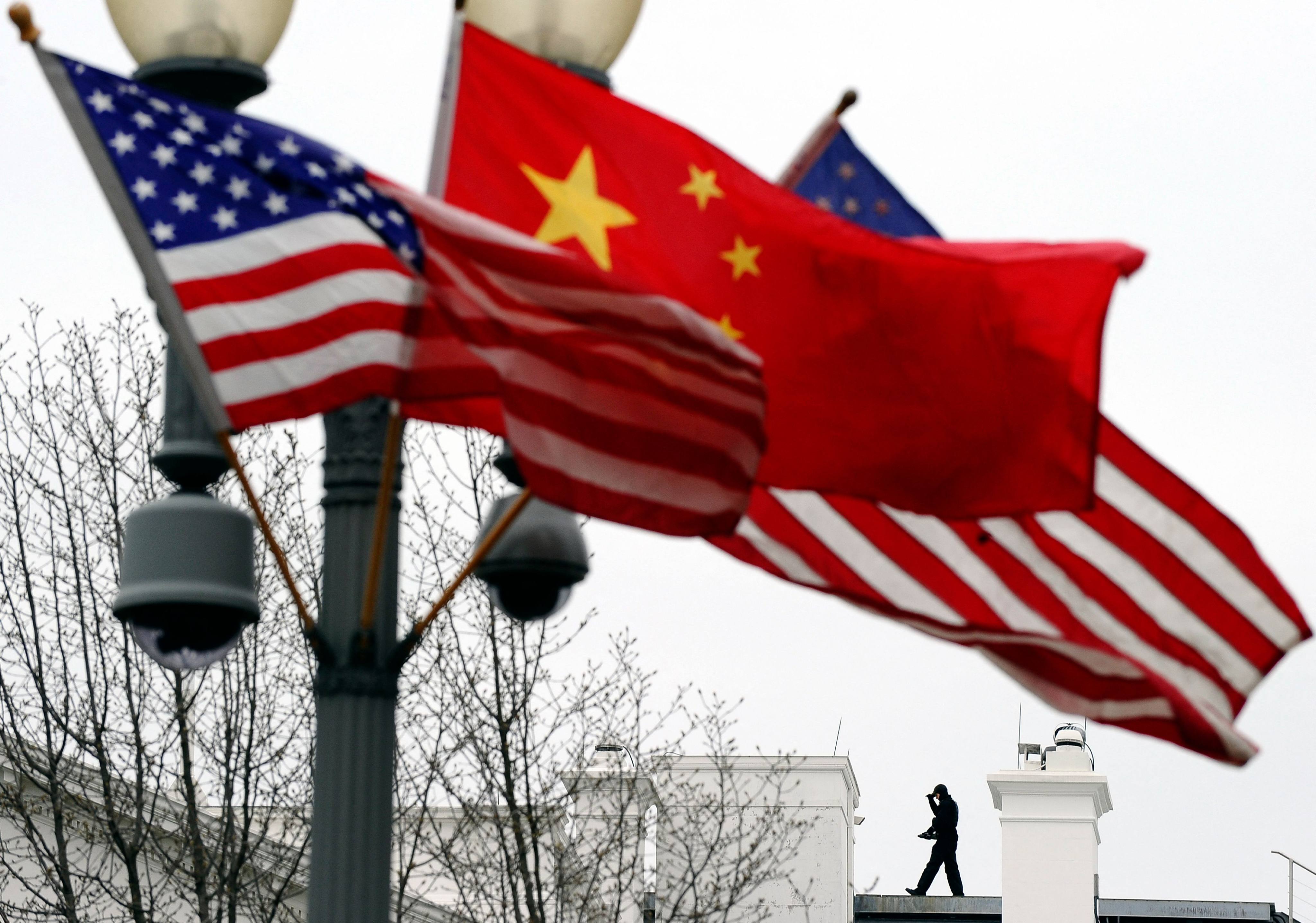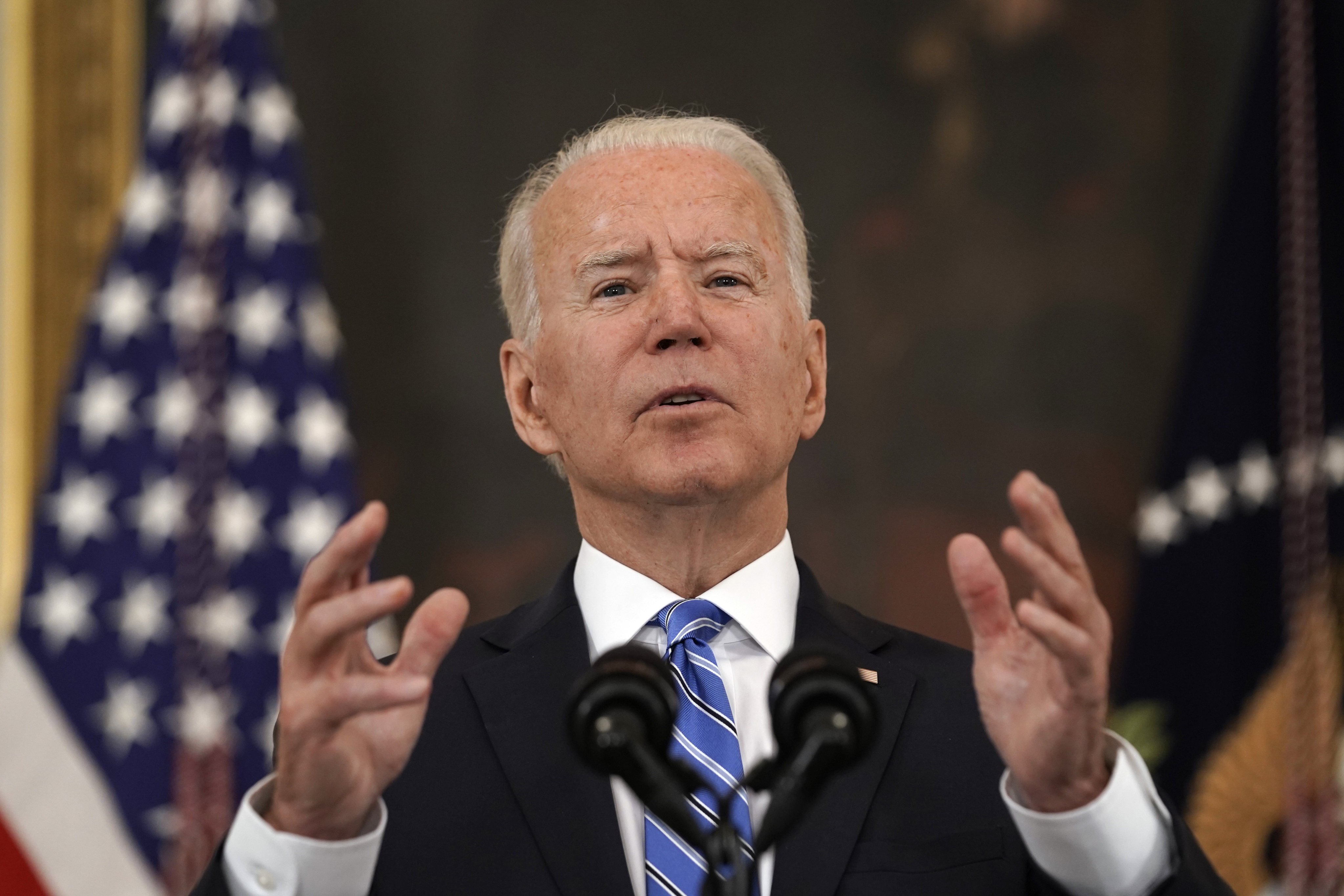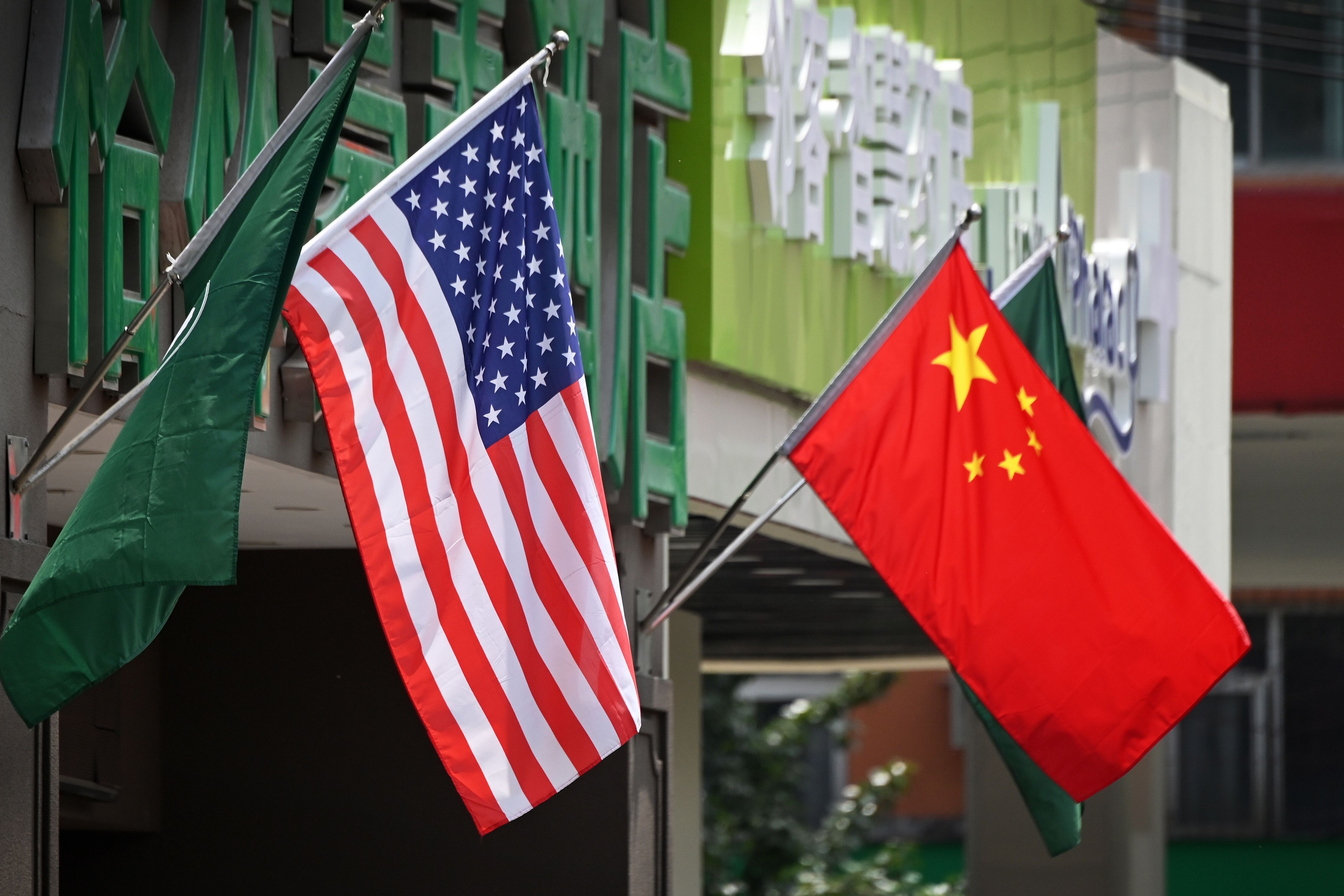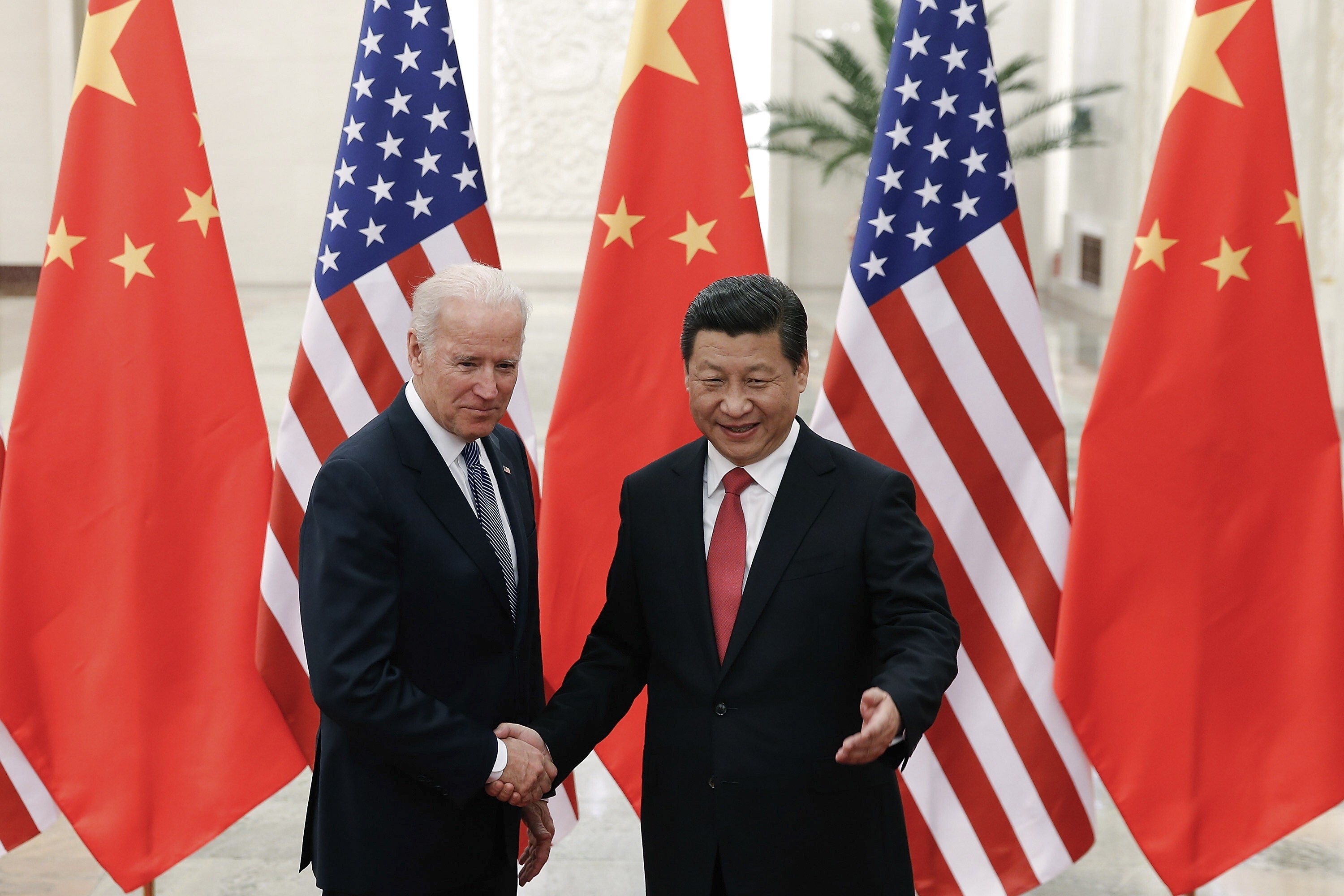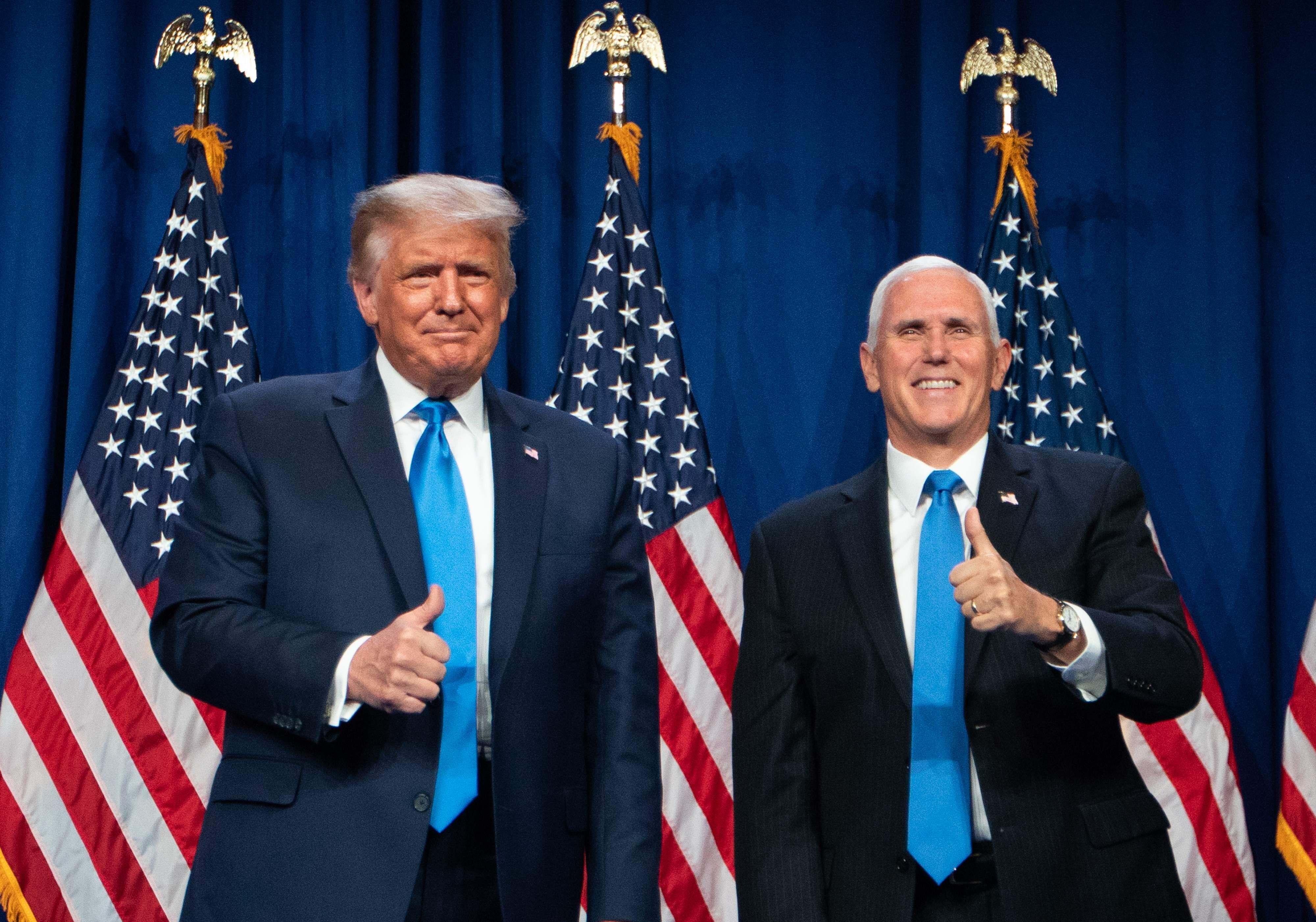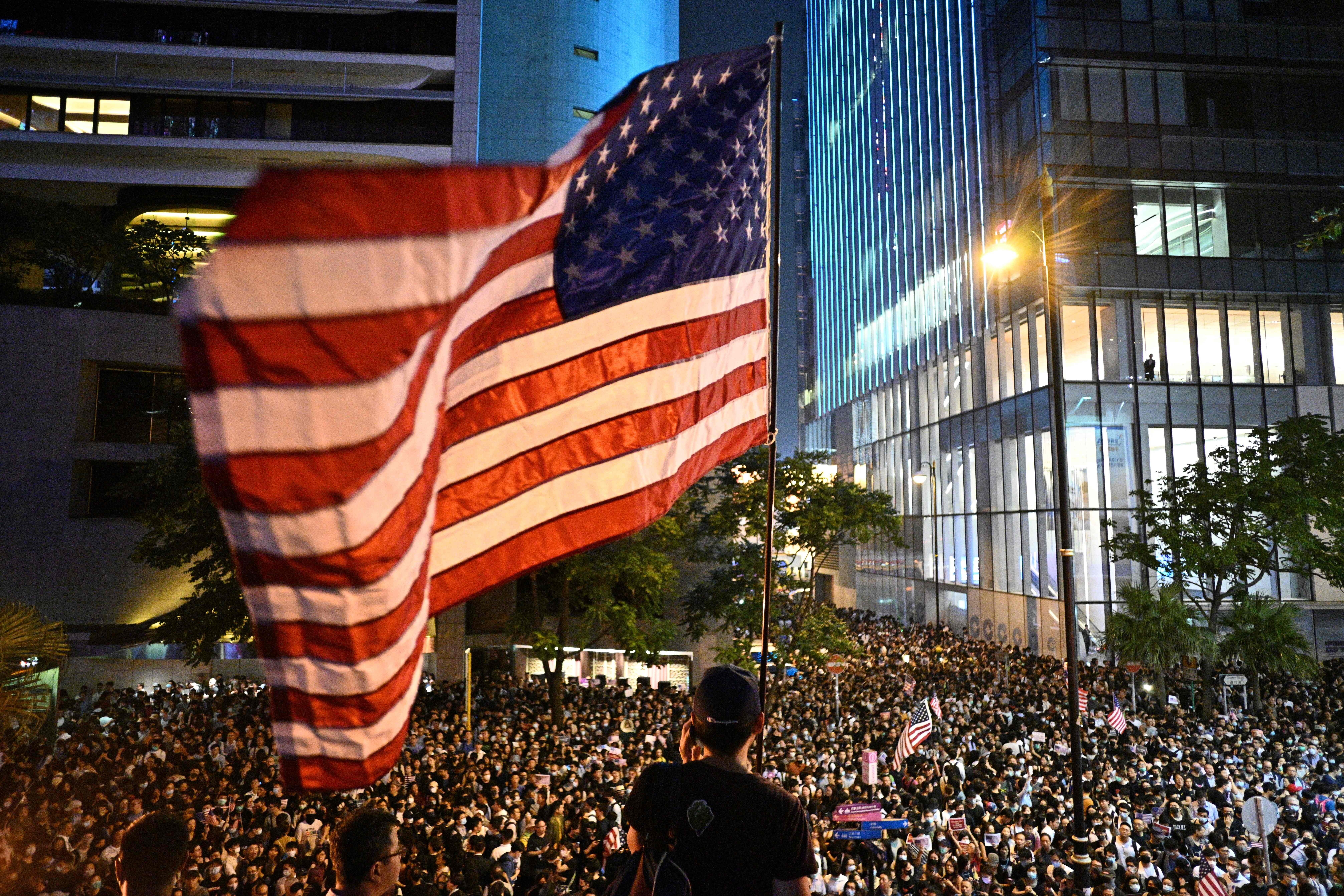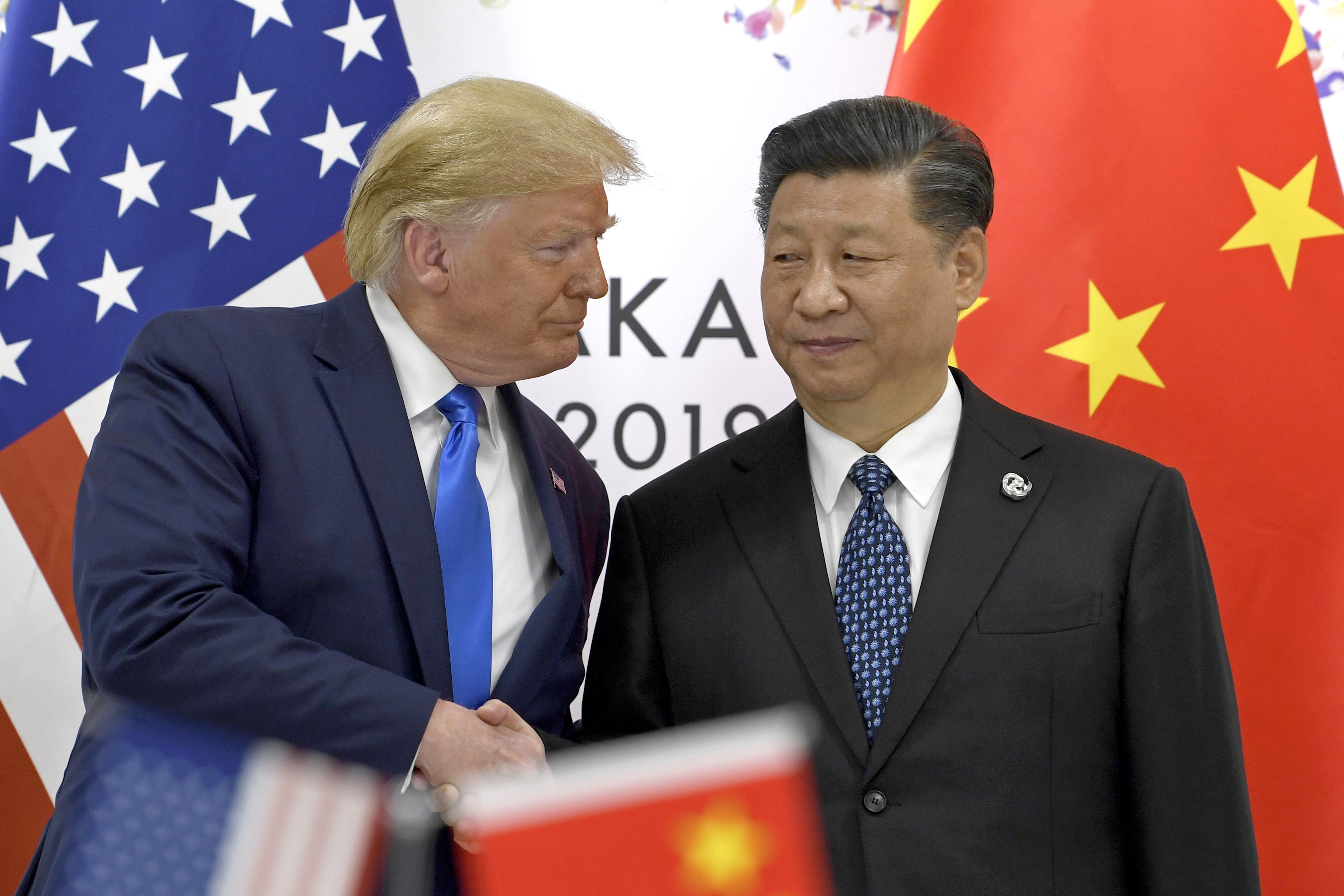
We can’t know for sure how Franklin would counsel the likes of Janet Yellen and Antony Blinken, but a reasonable guess might be to become charitable and liberal in the cause of mutual good understanding.
The usual assumption is that liberal ideals are uniquely Western, but Enlightenment writers borrowed freely from Asian sources; many liberal ideals can be found in The Morals of Confucius.
The historical record shows that many supposedly ‘Western’ democratic ideas such as winning hearts and minds, or the pursuit of happiness, actually derived from Confucian thought.
On paper today, both countries accept equality and the people’s happiness as ideals.; working towards those goals is more a matter of policy than ideology, writes Martin Powers.
US foreign policy establishment’s embrace of ‘clash of civilisations’ narrative encourages guilt by association, a legal fiction abandoned in China 2,000 years ago.
The US, Britain and European nations have a history of ‘weaponising’ human rights. Throughout late imperial history, China has rarely blamed other nations, their religion or race, for domestic problems
Ties between Beijing and Washington frayed under Trump, but the new president’s goals and ideals are in many way similar to those of China past and present.
History shows that holding public servants accountable is essential to control corruption, but elections are insufficient to check a rogue leader.
It is no longer reasonable to claim that one ideology always generates good outcomes while all others lead to misery and death.
For most of British history, liberty meant special privileges enjoyed by groups. Groupthink shaped policy in colonial Hong Kong and Western democracies did not seriously object even when human rights norms were violated.
Across the centuries, Europe propagated anti-Chinese stereotypes as a response to the perceived threats to European might.
